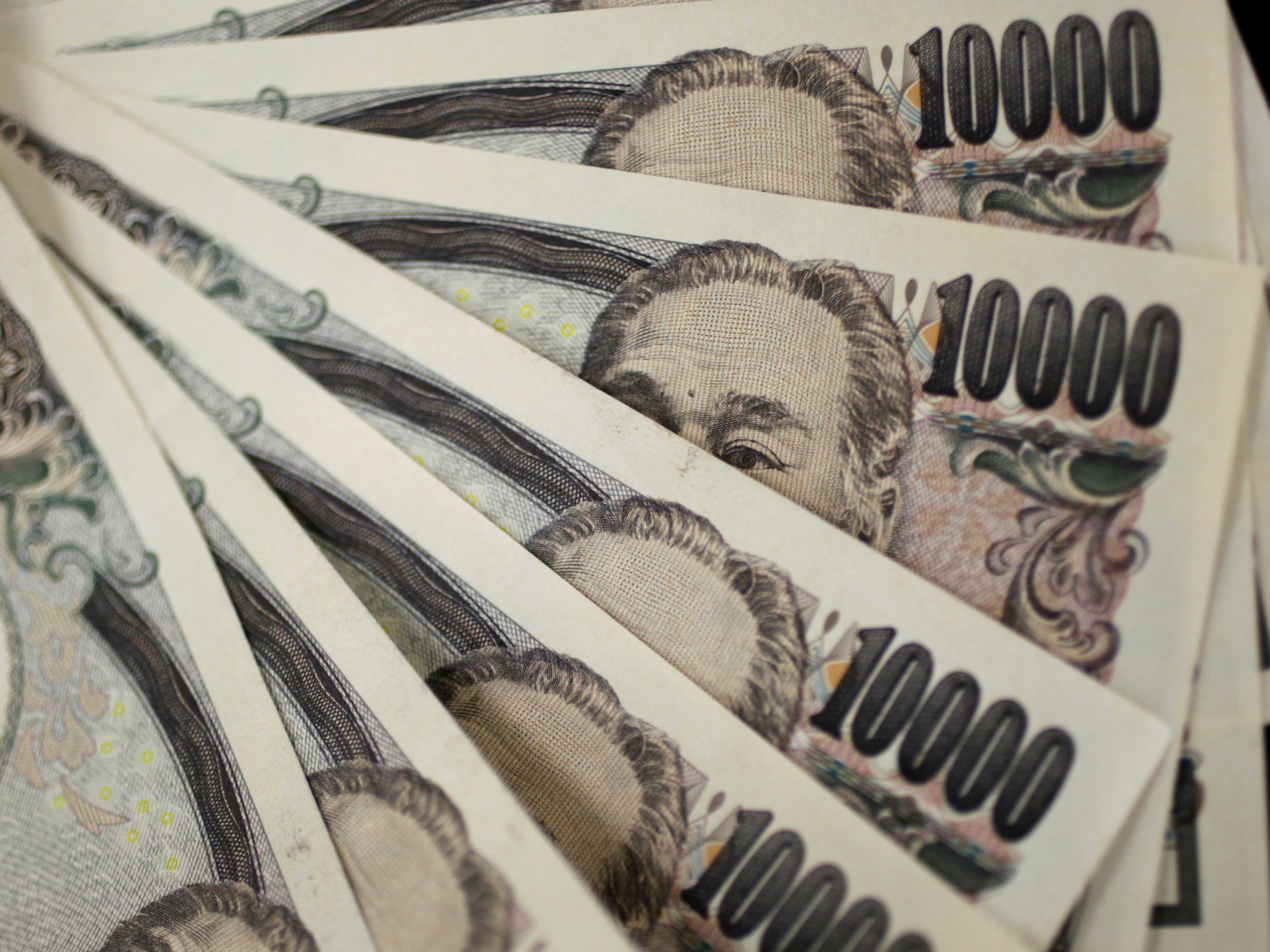Japanese officials have expressed concerns that the recent plunge in the value of their currency, the yen, may require intervention to stabilize it. The yen has fallen to its lowest level against the US dollar in 34 years, reaching 160.17 per dollar. This decline can be attributed to the Bank of Japan’s decision to keep interest rates at ultra-low levels while other central banks, including the US Federal Reserve, have raised borrowing costs. Despite a recent increase in interest rates by the BOJ – the first in 17 years – the downward trend has persisted.
The decline in the yen has been particularly pronounced since expectations of rate cuts by the US Federal Reserve have diminished due to higher-than-expected inflation. While a weaker yen has benefited Japanese exporters and boosted tourism revenue, it has also led to higher prices for imported goods, putting pressure on household budgets. As a result, Japanese officials have indicated their readiness to intervene in the foreign exchange market to prevent excessive fluctuations in the yen’s value.
Last Friday, the Bank of Japan maintained its benchmark interest rate at 0-0.1 percent. BOJ Governor Kazuo Ueda emphasized that exchange-rate volatility would only impact monetary policy if it significantly affected the economy and prices. He noted that if there was a substantial impact on monetary policy, adjustments may be considered in response to prevent further depreciation of the yen.
Despite its year-long decline, Japanese officials have refrained from intervening directly in foreign exchange markets until now. However, as concerns about stability increase and inflation pressures mount, intervention may become necessary to prevent further devaluation of the currency and maintain economic stability.
In conclusion, while a weaker yen may benefit some sectors of Japan’s economy such as exports and tourism revenue, it poses challenges for others such as households with increased prices for imported goods and potential inflationary pressures on wages and prices alike. With continued uncertainty surrounding global economic conditions and inflation expectations shifting rapidly across regions globally, Japanese authorities will need to carefully monitor developments closely before making any decisions regarding intervention in foreign exchange markets or monetary policy adjustments.












+ There are no comments
Add yours